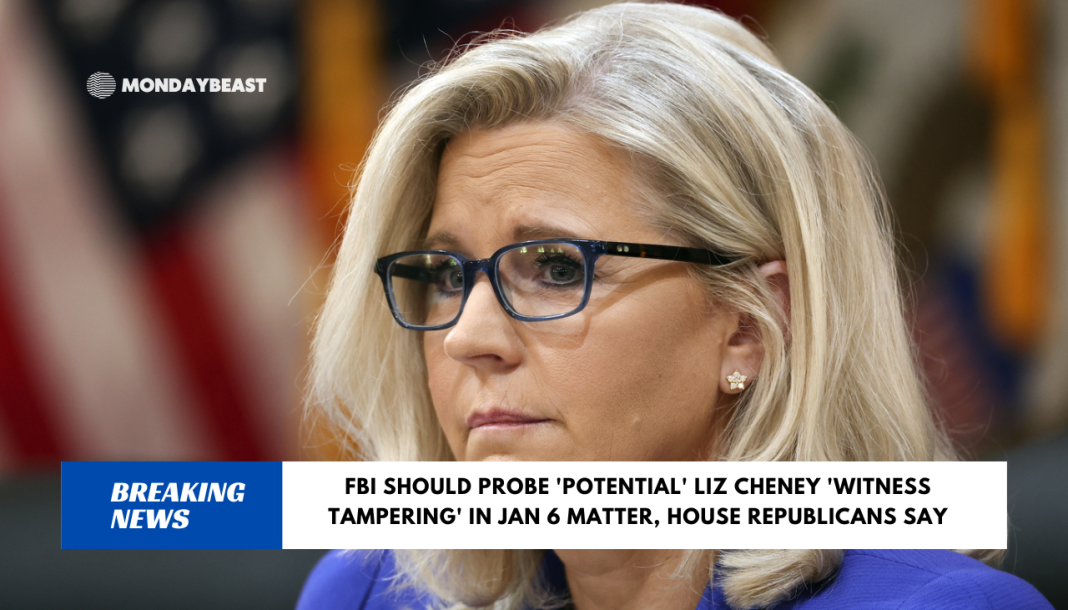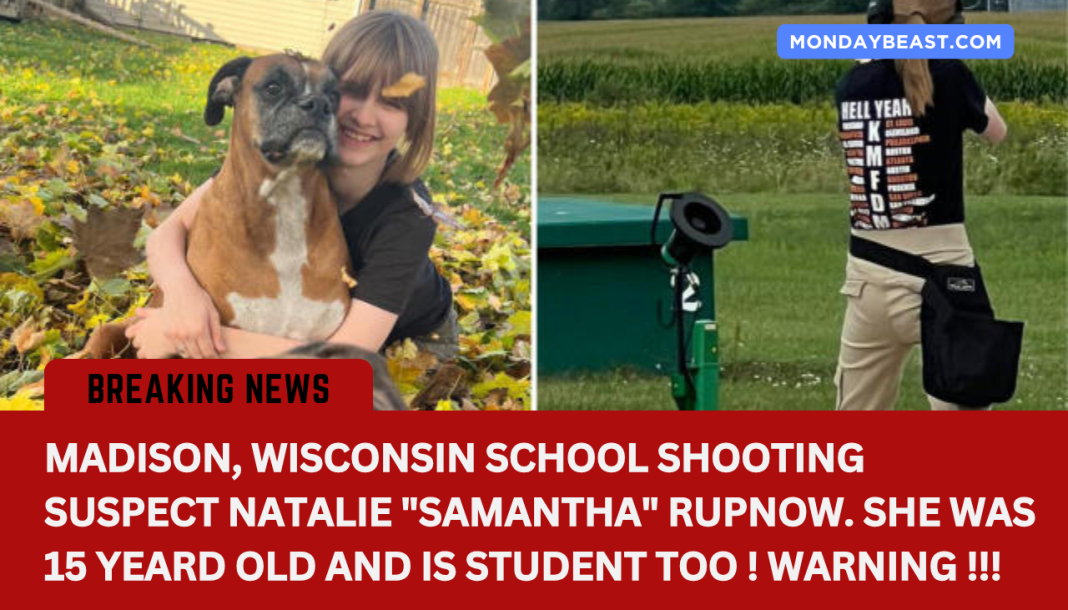House Republicans are calling for an FBI investigation into former Rep. Liz Cheney. They claim she engaged in ‘potential witness tampering’. It is a serious accusation that could change the narrative surrounding the January 6 events.
In a recently released report by Rep. Barry Loudermilk, the allegations highlight interactions between Cheney and Cassidy Hutchinson. Hutchinson became a pivotal figure due to her testimony regarding Trump’s actions on January 6. The report claims Cheney might have pressured Hutchinson to switch legal representation, raising eyebrows around the ethical boundaries of the investigation.
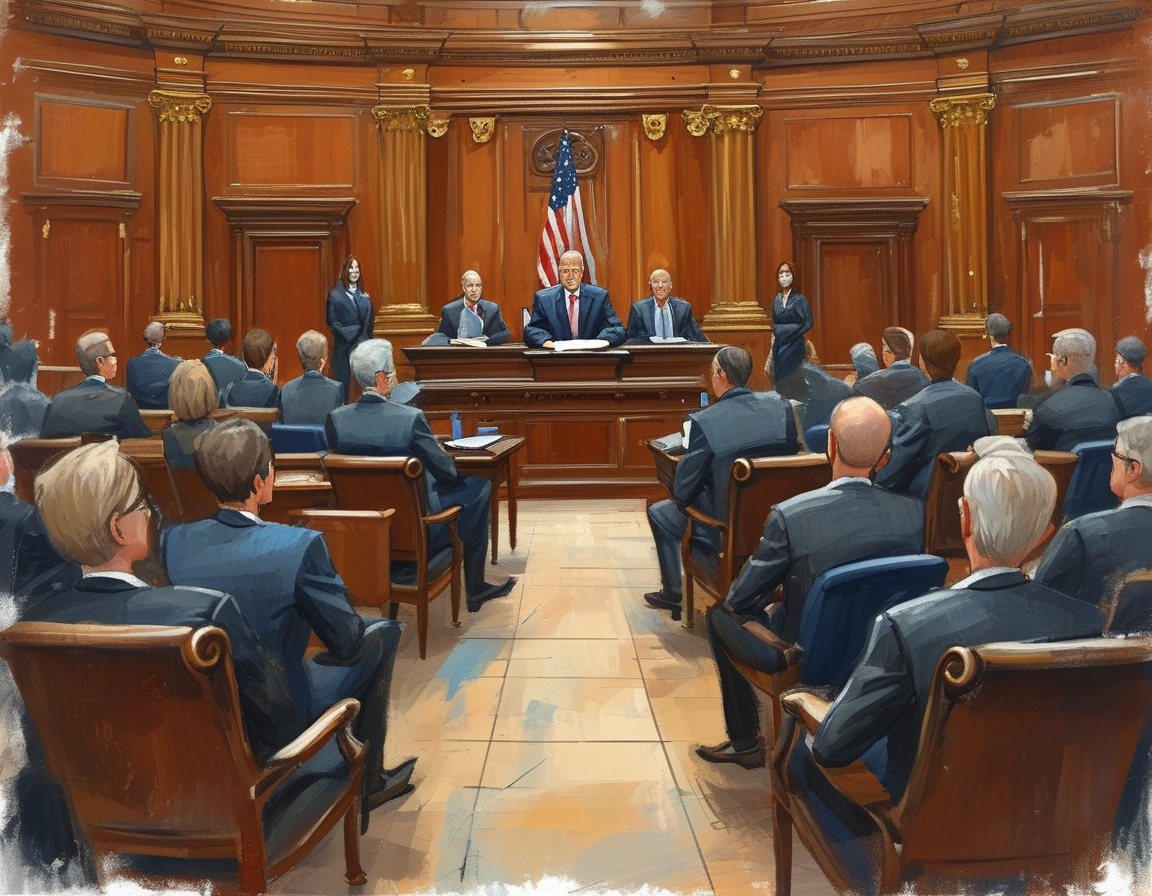
The January 6 Committee, founded to examine the Capitol breach, often pointed to Hutchinson as a key witness. But now, with Republicans leading the narrative, they argue that she may have received undue influence from Cheney. This dramatic shift begs the question: what does this mean for the legitimacy of the past committee’s work?
The report describes how Hutchinson’s legal journey altered significantly after meeting with Cheney. Previously, Hutchinson worked with a different lawyer who reportedly had her best interests at heart. Following the intervention, she hired attorneys suggested by Cheney, leading to claims of bias within the committee. Is this the kind of oversight we want in our government?
Loudermilk’s report states that Hutchinson’s testimony was crucial in illustrating Trump’s demeanor on that fateful day. Her claims included Trump’s heated attempts to reach the Capitol. Yet, another narrative is gaining traction—some have refuted her account entirely. Are we witnessing a potential collapse of the foundational truths presented by the January 6 Committee?
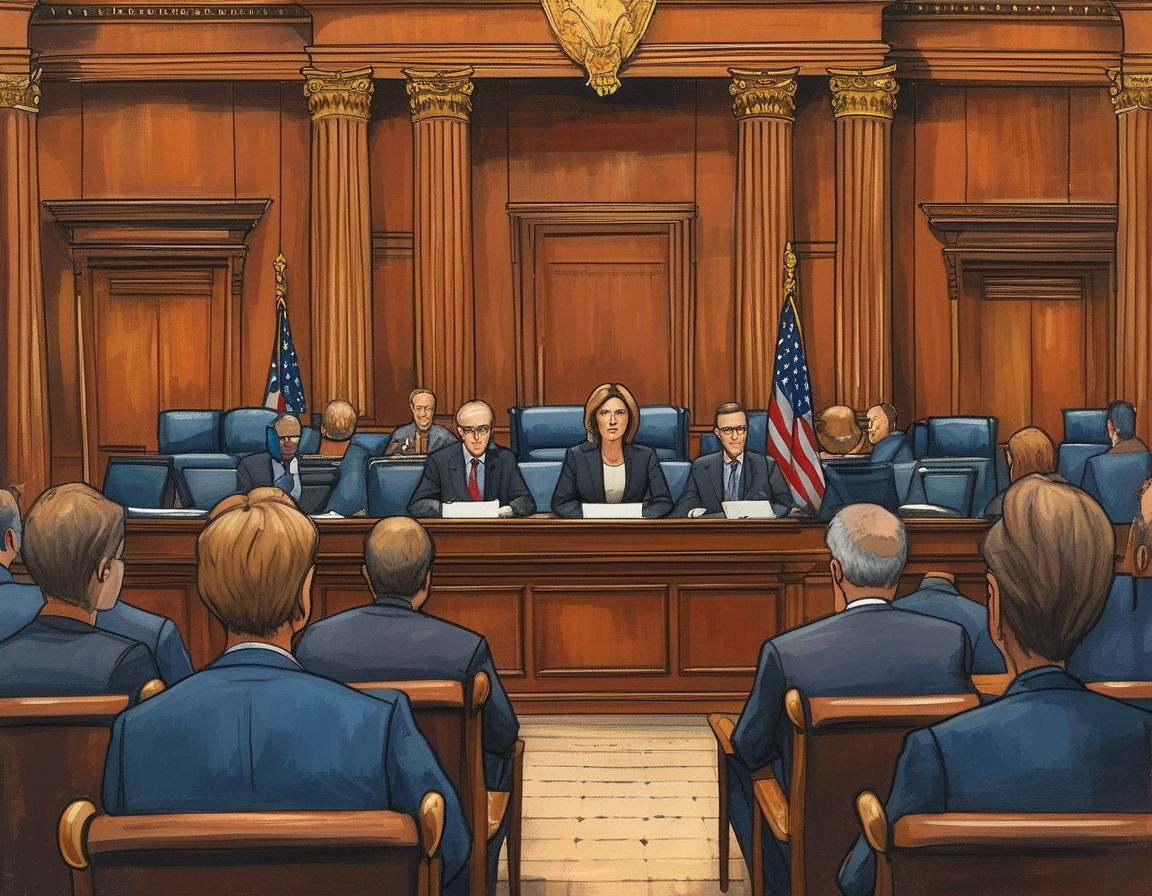
With Cheney defending her committee’s diligence, she counters the new report as politically motivated. “This report intentionally disregards the truth,” Cheney remarked, further complicating an already tangled web of accusations and defenses. One wonders how the average American perceives these ongoing partisan battles.
On a broader scale, this controversy raises significant concerns about accountability within Congress itself. What safeguards exist to prevent potential foul play? If a former member can be accused of tampering, how do we trust the integrity of future investigations?
In light of these developments, Thompson—in response to Loudermilk’s allegations—defended the committee’s methods. He insists they followed House rules meticulously. Thompson pointed out that every facet of their investigation was conducted with transparency in mind. Could the former chair be echoing a sentiment in many Americans that bipartisan cooperation is essential?
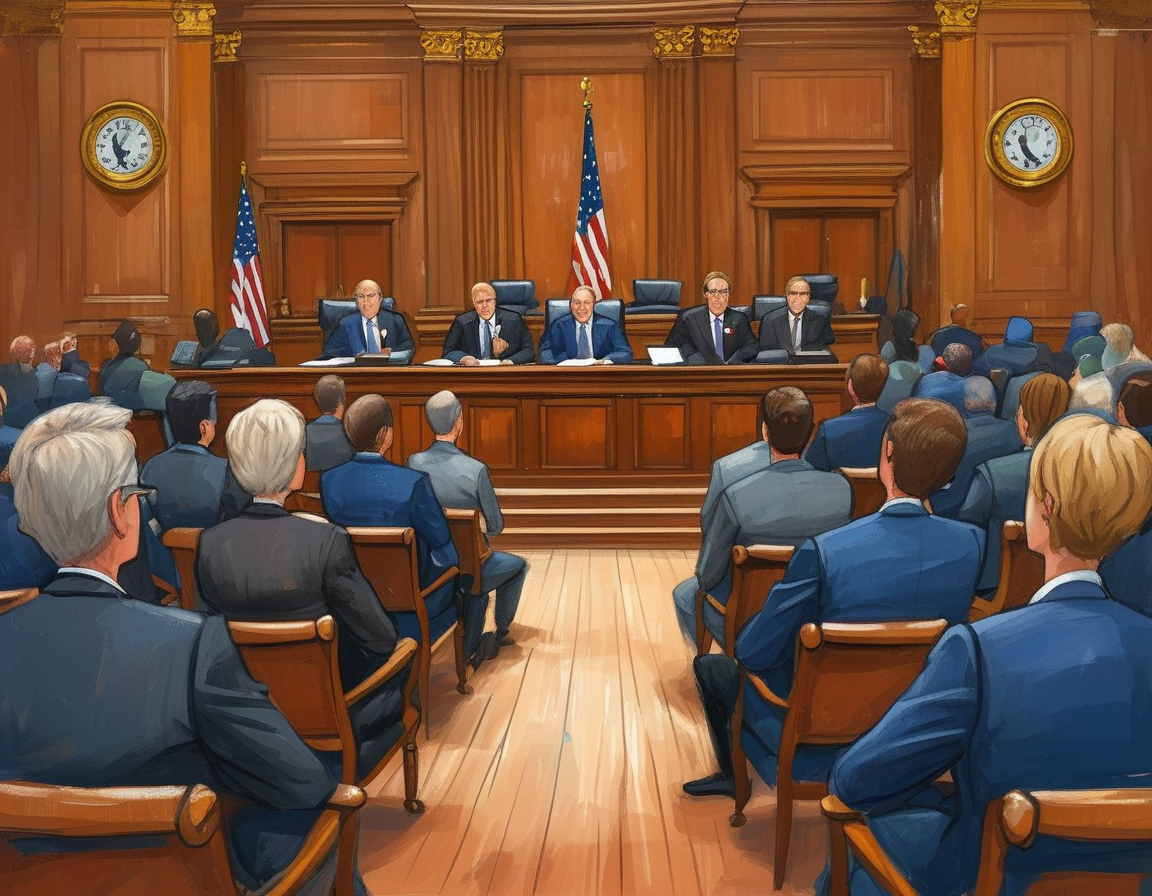
Criticism extends beyond Republican accusations. Democrats have similarly faced scrutiny. They, too, argue about the integrity of investigations in an increasingly divided political landscape. Does this peephole into partisan strategies hint at a growing shift in American political culture?
The discourse surrounding the Jan. 6 Committee, Cheney, and potential witness tampering reveals an intensifying landscape. The public’s perception of these events could shape electoral outcomes. Amid rampant misinformation, the question remains—how can we find clarity?
This inquiry into Cheney’s conduct highlights the complex dynamics at play. As tensions rise, can the truth withstand the political turmoil? The narrative continues to unfold, with more revelations and reactions likely on the horizon.
As the story develops, will it lead to repercussions for Cheney or shift opinions on how the January 6 events are understood? Only time will tell. But one thing’s certain: trust in congressional oversight is more crucial than ever.

